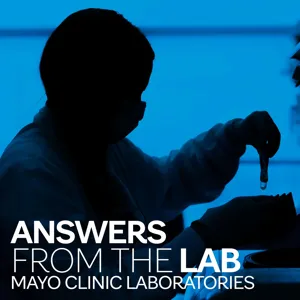Experts Discuss Claudin 18.2: A New Target for Precision Care of Gastric and Gastroesophageal Cancers

In this podcast episode, Samuel Klempner, MD, and Gregory Botta, MD, PhD, provide expert commentary on the rationale and development of novel agents under investigation for targeting claudin 18.2 in gastric and gastroesophageal cancers, with topics including:
- Expression patterns and function of the claudin family of proteins in normal gastric tissues
- Biologic rationale for utility of claudin 18.2 as an actionable therapeutic target in oncology
- Prognostic implications of claudin 18.2 overexpression in gastric and gastroesophageal cancers
- Laboratory methodology involved in claudin 18.2 scoring as a potential predictive biomarker for patient selection
- Future directions for clinical development of agents targeting claudin 18.2, including monoclonal antibodies, bispecific antibodies, antibody‒drug conjugates, and CAR T-cell constructs
Presenters:
Samuel Klempner, MD
Associate Professor
Department of Medicine
Division of Hematology-Oncology
Mass General Cancer Center
Harvard Medical School
Boston, Massachusetts
Gregory Botta, MD, PhD
Clinical Professor of Medicine
Department of Medicine
Division of Hematology & Oncology
University of California San Diego
La Jolla, California
Content for this program was supported by educational grants from Astellas and Bristol Myers Squibb.
Link to the full program, including a CME-certified text module, downloadable slideset, and ClinicalThought (coming soon!):
bit.ly/3lQxPrq

